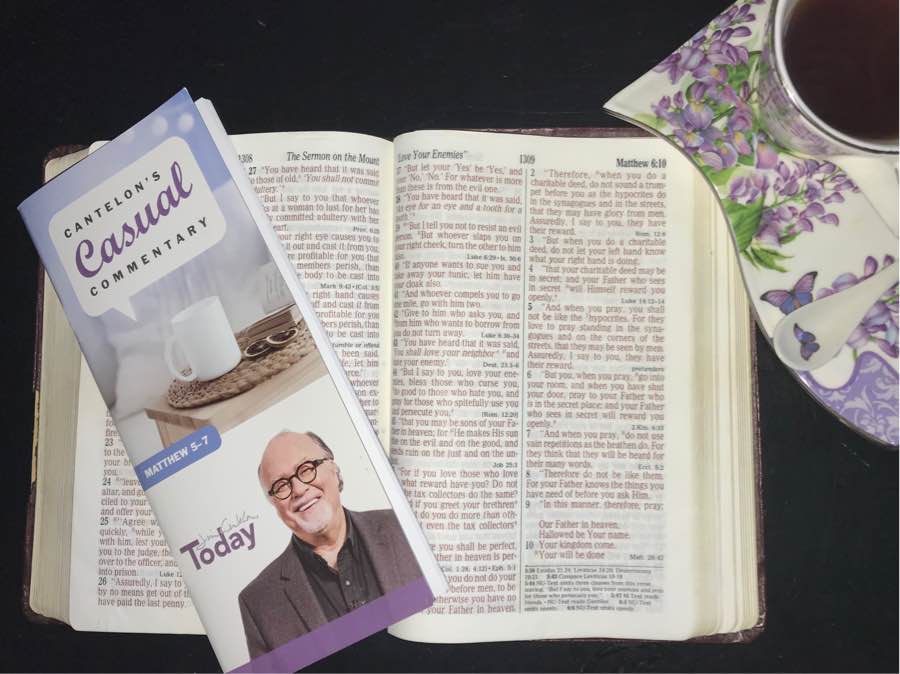Alms, Prayer, & Fasting 6:1-18
“Thy kingdom come, Thy will be done” v. 10 (Part 1)
Jesus couldn’t have been clearer in expressing there purpose of his ministry: “I must proclaim the good news of the Kingdom of God…because that is why I was sent.” (Lk. 4:43). The “Kingdom” was everything.
In one sense this terminology was readily understood by his audience — they all expected a future “Day of the Lord” where Messiah would establish his kingdom and rule from his throne in Jerusalem. This was their “eschatological” hope.
But in another sense the Kingdom was an abstraction. It represented the rule of God in the eternal realm. As such it was (and is) beyond the reach of human comprehension. The only grip the people could make on it was philosophical. And, philosophy has its limits.
But time and again Jesus stressed the nearness of the Kingdom, even declaring that the Kingdom was “within” his disciples and “among” them, personified in himself (check out the scores of Kingdom references in a concordance, or on the internet). Yet, they didn’t get it. Even after his resurrection Jesus’ disciples were asking, “Lord, will you at this time restore the Kingdom to Israel?” (Ac. 1:6).
Their nationalistic prejudice trumped their grasp of the vast kingdom horizon. The power and scope of culture very easily dims the eyes.
